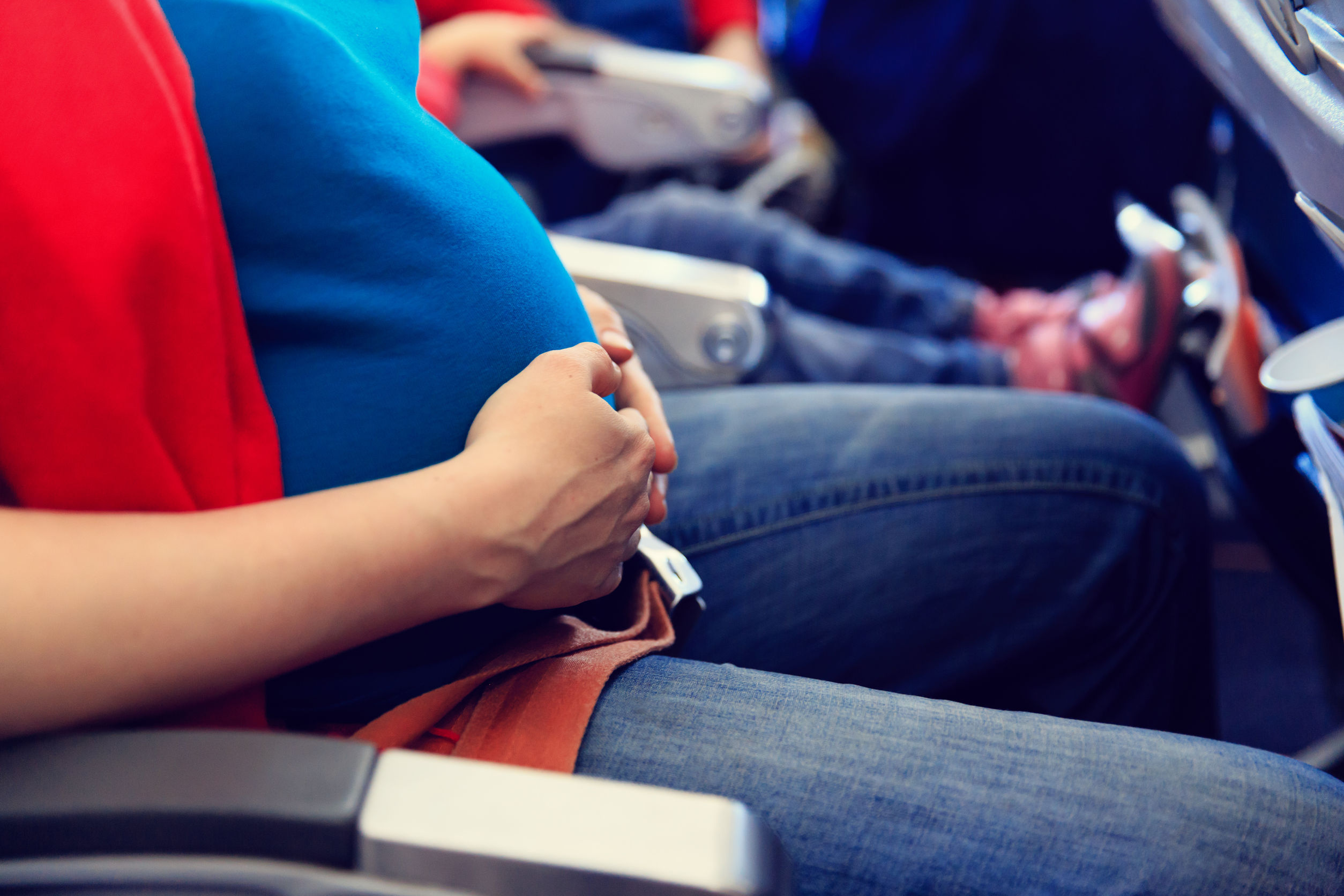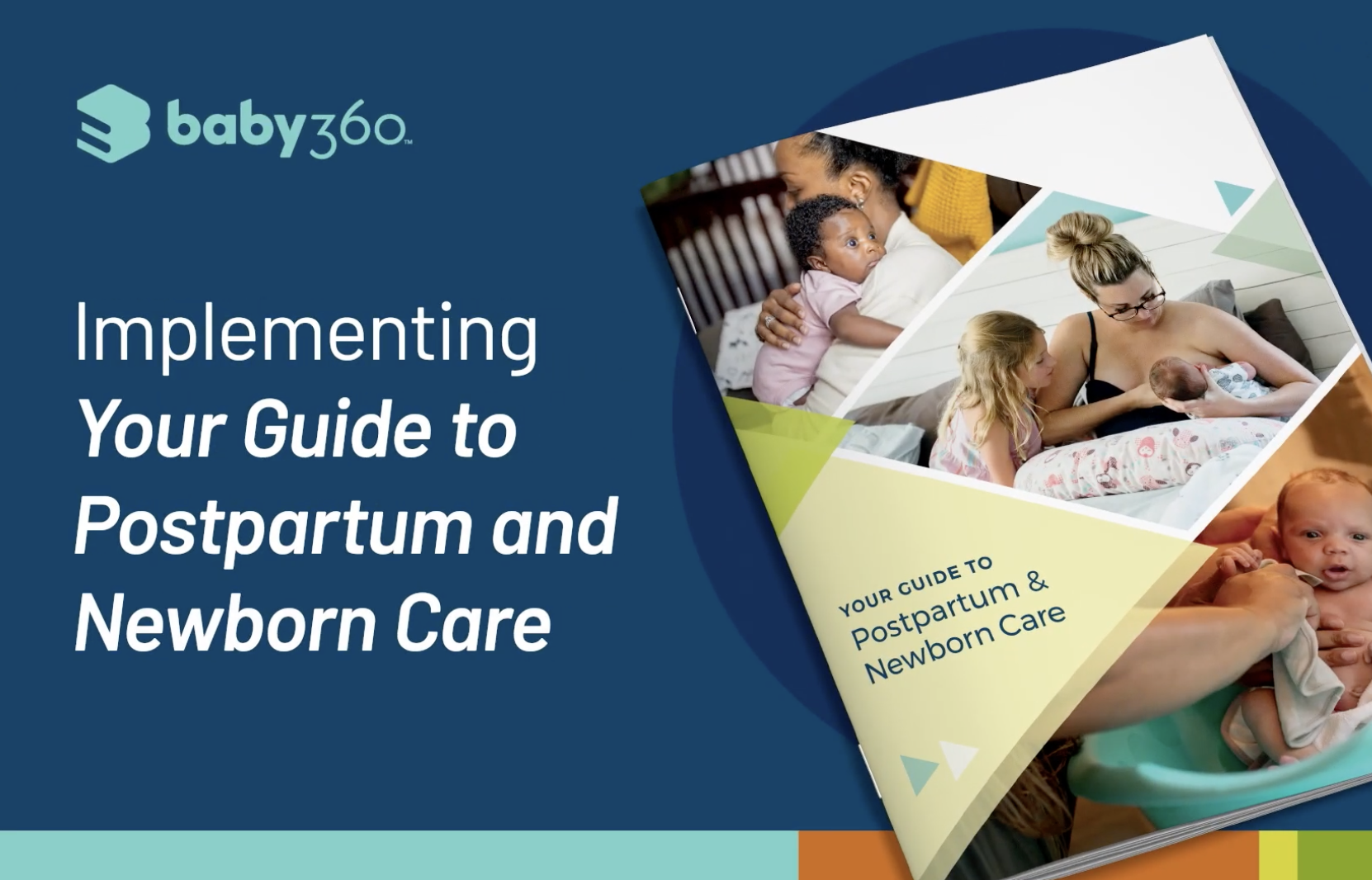As a nurse, you’ve probably fielded questions about traveling while pregnant from your expectant patients. During the summertime, these inquiries likely increase. Below, we’ve compiled some of the most common questions you’re likely to hear and how best to respond to them.
Is there an ideal time to travel during pregnancy?
This answer will vary according to the individual’s health status and unique circumstances. However, many doctors agree that the second trimester is the ideal time to travel. This is typically when most women feel their best, have the most energy, and when the risk for complications is relatively low.
Traveling during the first and third trimesters can be fine, too, but fatigue and nausea in the first three months can make travel uncomfortable, and the possibility of early labor in the third trimester could dictate that a woman stays close to home.
Is it safe to travel to another country?
Traveling out of the United States while pregnant is something that needs to be discussed with a doctor to determine whether the trip can be deemed safe. Travel to countries where there’s risk of malaria or Zika, such as Africa and Latin America, should be avoided.
If the woman is given the OK to travel to another country, you can advise her on the necessary precautions to take. It’s critical that pregnant women be vigilant about protecting themselves from illness while visiting another country using these recommendations:
- Drink boiled water. The safest water to drink is tap water that has been boiled for one to three minutes. While bottled water is safer than non-boiled tap water, it isn’t guaranteed to be free of germs that can cause illness.
- Drink canned juices and make sure milk is pasteurized.
- Steer clear of fresh fruits and vegetables unless they’ve been cooked or can be peeled.
- Avoid drinking out of glasses that could have been washed in non-boiled water.
- Don’t consume ice made from non-boiled water.
Point your patients to the CDC website for travel alerts, safety tips, and up-to-date vaccination facts for many countries.
What do I need to know about traveling by plane?
As long as there are no known complications of the patient’s pregnancy, traveling on an airplane is usually given the thumbs up by doctors. However, pregnant women should be prepared to do the following:
- While there isn’t much radiation emitted by airport metal detectors, a woman can request a pat-down if she has reservations about going through the detector.
- Avoid heavy lifting by using porters or suitcases with wheels and checking bags instead of lugging them through the airport.
- Stay hydrated by drinking extra fluids.
- Pack healthy snacks since many airlines no longer supply food, and eat frequent small meals to avoid hypoglycemia and nausea.
- Get up and walk often to keep circulation flowing and help prevent the formation of blood clots. Requesting an aisle seat will make this easier (and make bathroom trips more convenient).
Pregnant women should also be informed that certain domestic airlines restrict travel during the last month of pregnancy and often require a medical certificate; international airlines usually have earlier cutoff points. Calling the airline prior to booking your flight to determine the specific rules is recommended.
What do I need to know about taking car, bus, or train trips during pregnancy?
As with traveling by plane, the need for pregnant women to keep their circulation flowing is important when traveling for a long duration in a car, bus, or train. They should get up and walk around regularly and, if in a car, make frequent stops to get out and stretch their legs. Doing calf stretches (e.g., pointing and flexing their feet) can also help keep the blood flowing.
Can I take a cruise while pregnant?
Cruises may be best to take after giving birth since many pregnant women report worse cases of nausea and seasickness. Additionally, it’s not uncommon for stomach viruses to spread among cruise ship passengers. These viruses are highly contagious and spread rapidly, posing a danger to pregnant women and their unborn babies.
Additional travel tips
Pregnant women should also be advised to do the following when preparing for travel:
- Schedule a medical checkup and make sure it’s safe to travel.
- Check health insurance to ensure policy covers emergency care if needed while traveling. Purchasing additional travel policies may be necessary.
- Bring a copy of prenatal records and copies of any relevant ultrasounds in case a visit to an emergency room or doctor is necessary.
- Have the doctor’s phone number on hand at all times and obtain a phone number of a local doctor just in case a visit is needed.
- Keep prenatal vitamins and any other medications in a purse or bag that’s always handy.



